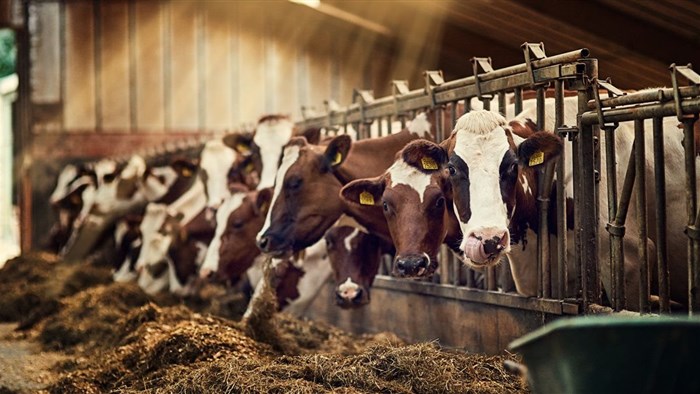Nestlé's first dairy farm that is earmarked to reach net-zero carbon emissions in 2023, is on track to achieving its targets. The Skimmelkrans farm, located in George in the Western Cape, produces some of the company's nutritious products such as Nestlé MILO and Nestlé Nespray.
"Producing quality milk is crucial to increase the nutritional value of our products without compromising on taste and health. It is for this reason that we invested innovative and environmentally-friendly practices to improve care and nutrition for the cows on the farm, which means better nutrition in the milk products produced," says Hoven Meyer, agricultural services group manager at Nestlé East and Southern Africa Region (ESAR).
"We have worked very hard to ensure that the Skimmelkrans project is not only successful in achieving net-zero carbon emissions but becomes a model that farms operated by Nestlé can effectively implement. In just over a year, we are beginning to see some positive results through this project: we have seen an 11% increase in milk production per cow, achieved a 40% reduction in energy by using solar and a 45% increase in active carbon in soil," added Meyer.
Regenerative agriculture practices
The results were validated by independent soil experts through testing, screening and analysing of the soil; which confirmed that the Skimmelkrans farm is past the halfway mark to reaching the net-zero carbon emissions goal. Further validation pointed out that if the farm keeps the momentum, it could achieve net-zero carbon emissions before 2023.
The Skimmelkrans farm has set itself apart through prudent soil work, water conservation, feed management and manure processing, where the most significant reductions of greenhouse gases occur. During milking, cow manure is collected and separated into liquids and solids using a manure press.
The separated liquids go back to the pastures as irrigation, while the solids are released into the soil as compost. The farm has used about 4,000 tonnes of chicken manure as organic fertiliser - replacing some chemical fertiliser with a high carbon footprint.
"We are proud of the progress to date and are motivated to work even harder in realising our goal of being carbon net-zero at this farm by 2023. This project is really pioneering regenerative agriculture practices that are key in our response to ensuring sustainable production and job creation.
"In South Africa, through our farmer support and partnerships, we procure our milk from around 140 local dairy farmers, therefore creating over 4,000 permanent jobs," says Saint-Francis Tohlang, corporate communications and public affairs director at Nestlé East and Southern Africa Region.





























